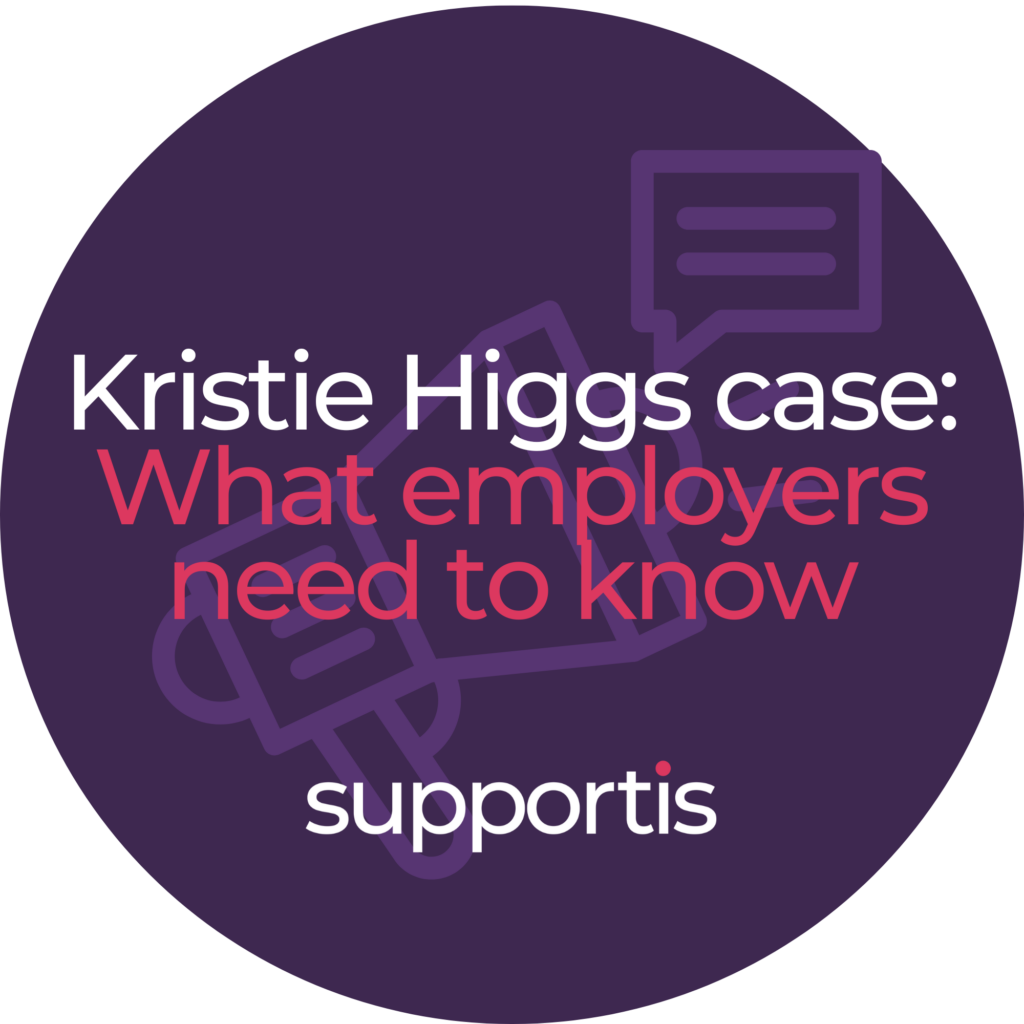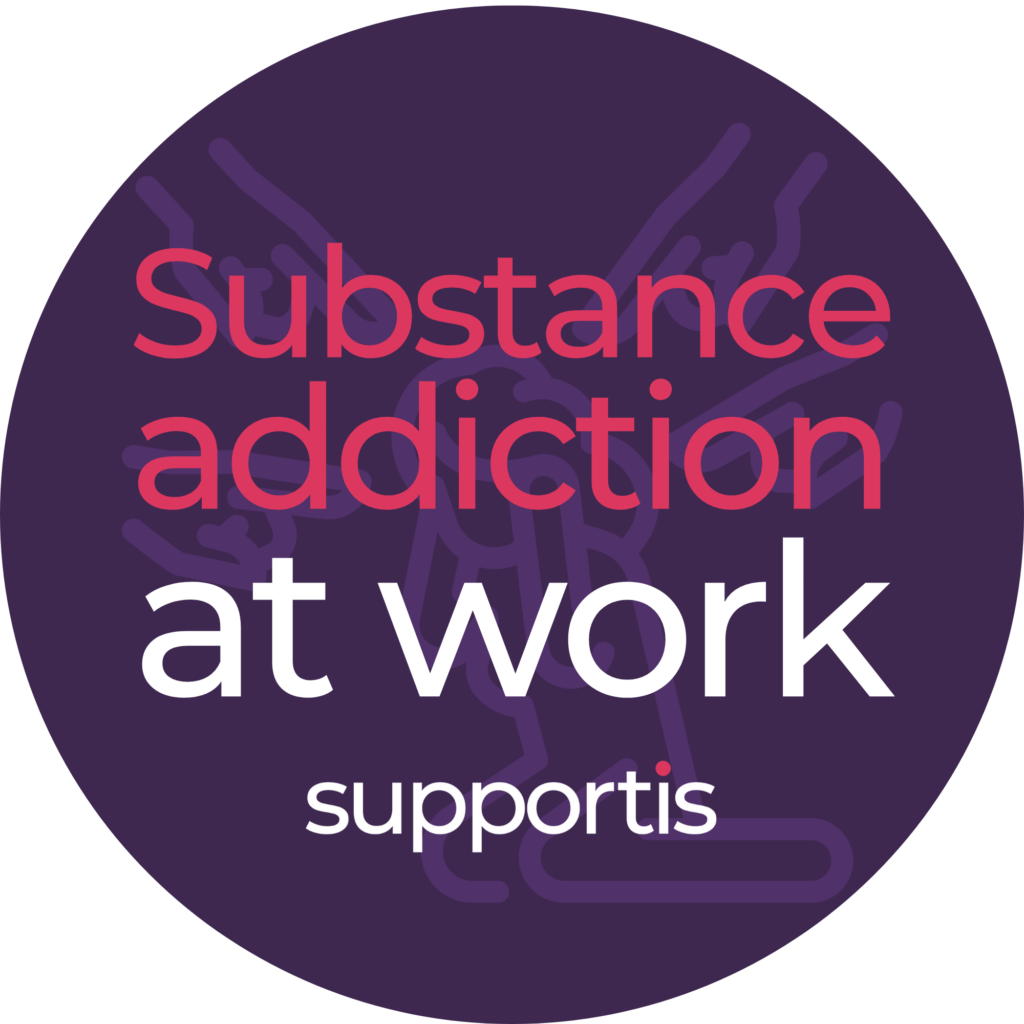In 2023, Ian Clifford, a former employee of IBM, won a disability discrimination case against the company. The case centered on IBM’s decision to terminate Clifford’s employment after he was diagnosed with a mental health condition.
Clifford had been employed by IBM for over 20 years when he was diagnosed with depression in 2017. He took a leave of absence from work to seek treatment, and he returned to work in 2018. However, IBM placed him on a performance improvement plan, and he was eventually terminated from his job in 2019.
Clifford filed a complaint with the Employment Tribunal, alleging that IBM had discriminated against him on the basis of his disability. The Tribunal found in Clifford’s favor, ruling that IBM had failed to make reasonable adjustments for his disability and that it had dismissed him because of his mental health condition.
The Clifford case is a significant victory for people with disabilities. It sends a clear message that employers cannot discriminate against employees on the basis of their disability. The case also highlights the importance of employers making reasonable adjustments for employees with disabilities.
What are Reasonable Adjustments?
Reasonable adjustments are changes that employers can make to their workplaces or policies to accommodate employees with disabilities. These adjustments can include things like providing accessible facilities, modifying job duties, or offering flexible working arrangements.
Employers are required to make reasonable adjustments for employees with disabilities under the Equality Act 2010. This means that employers must make changes to their workplaces or policies if they are necessary to allow employees with disabilities to do their jobs.
What are the Benefits of Making Reasonable Adjustments?
There are many benefits to making reasonable adjustments for employees with disabilities. These benefits include:
- Increased productivity: Employees with disabilities are often just as productive as employees without disabilities. In fact, a study by the Institute for Employment Studies found that employees with disabilities are 12% more productive than their non-disabled counterparts.
- Reduced absenteeism: Employees with disabilities are less likely to take sick leave than employees without disabilities. In fact, a study by the University of Manchester found that employees with disabilities are 25% less likely to take sick leave than their non-disabled counterparts.
- Improved morale: Employees with disabilities often have higher morale than employees without disabilities. This is because they feel valued and respected by their employers.
- Increased customer satisfaction: Customers are more likely to do business with companies that are inclusive of people with disabilities. This is because they see these companies as being more progressive and caring.
How Can Employers Make Reasonable Adjustments?
There are many ways that employers can make reasonable adjustments for employees with disabilities. Some of the most common adjustments include:
- Providing accessible facilities: This can include things like making sure that buildings are wheelchair accessible, providing accessible parking, and installing accessible toilets.
- Modifying job duties: This can include things like changing the way that tasks are performed, providing additional training, or reducing the number of hours that an employee works.
- Offering flexible working arrangements: This can include things like allowing employees to work from home, flex their hours, or take breaks during the day.
Employers should work with employees with disabilities to identify the adjustments that are necessary to allow them to do their jobs. By making reasonable adjustments, employers can create a more inclusive workplace for everyone.




